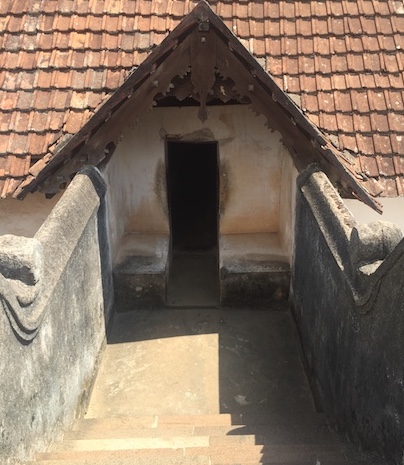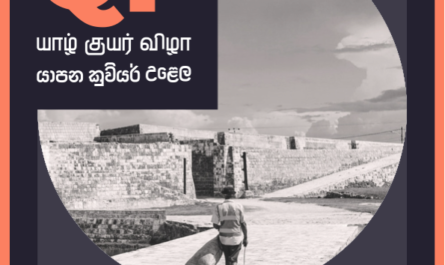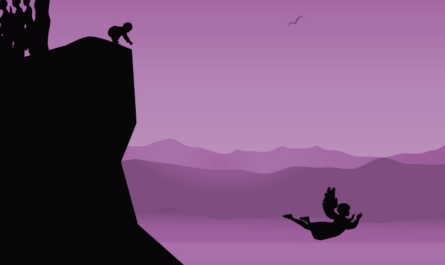 I came back for the funeral of my father, because it was my duty, but also because now I could come back. My mother never had any power over me; my younger brother has gone abroad too.
I came back for the funeral of my father, because it was my duty, but also because now I could come back. My mother never had any power over me; my younger brother has gone abroad too.
The airport looked different. What had been a strip of tar plus a lost little building built by politicians’ decision where it wasn’t needed, had become a modern airport; the crowd of relatives who had seen me off, talking confused and loving in our own pardeshi borderland Tamil, with its sound of burnt palm fronds, of cool clean floors and sunny paddy fields, had become a group of flashy individuals, who knew better than I where I came from, and had come back as tourists too, proud no more to belong here.
Mother was old, weak, resigned to her age; the prison of her marriage had ended, leaving her with a shameful freedom, widowhood, which was worse.
I went upstairs to see what had changed, which was nothing, the old fan was still there, our old tube radio, the walls were dirtier than I remembered them, the floor more cracked. I opened the cabinets; there were our schoolbooks, my grandfather’s books, his Sanskrit Ramayanam, the pages of which began to dissolve in dry flakes when I opened Tome One. I could still read the script, though I understood little, I knew Ayodhia Kanda [The Ayodhia Chapter]. I never read the Ramayanam, neither in Sanskrit nor in translation, but filled the rotten volumes with the Ramayanam seen on TV and in thatched cinemas.
I had come to look for… All the years abroad I had thought of the day I would come back, enter our room, and open the cabinets, remove three of my grandfather’s dark reddish-brown Ramayanam volumes, smelling of dried out vegetable glue, and then found, in my daydreams, behind them his Selected Romantic Poetry, which now I found still there, leaning to the side I had put it to lean. I took it out, and opened it, Raju’s picture was there.
The funeral took place immediately, hurried, and with that hateful pujari coercion which makes one their brainless ward for a series of senseless acts. I had hated their last coconut smashing ritual blessing when I left, and I hated the funeral and my male relatives in their new, paid by mother, broad gold border double dhotis, knowledgeable about funeral duties, food, and wills.
Raju’s picture was more important, and Raju himself. The day after the funeral I went to his father’s shop, which now was his, and there he was, but no, his son, who called his father, we sat together, drinking tea, holding hands, our love had not died, then went upstairs, closing the door, to lay down on the cool floor, to embrace, kiss even, finally free. In his eyes there was still, what I had taken with me, his sweet trust, his accepting without bitterness the fate ripping us from each other. That I had to leave never offended him, he loved me because I loved him, and then again by his free will, loved me once more. I loved him because when my heart had begun to love, he had been its image, his dark, gentle eyes, the slenderness of his body, which had grown solid, the tenderness of his hands. His delicate fingers had become stronger; his broken voice was a man’s voice now. Then he had been my dream, and my lover, the boy I braved my father’s anger for, the boy I was sent away for, the boy I had dreamed of in planes and airports, in hostel rooms, in hotel beds, in various flats, alone and next to Americans and Indians, Blacks, Chinese, Japanese, Filipinos, Chicanos, the boy whom I had looked for in their embrace, now he was lying next to me as a man, and my fingers caressed his neck.
Raju was changed, I was changed, we have become heavy, coarse, the beauty of our youth has gone, but the bones, so to speak, of our love remain, each of us the other’s only
YOU


